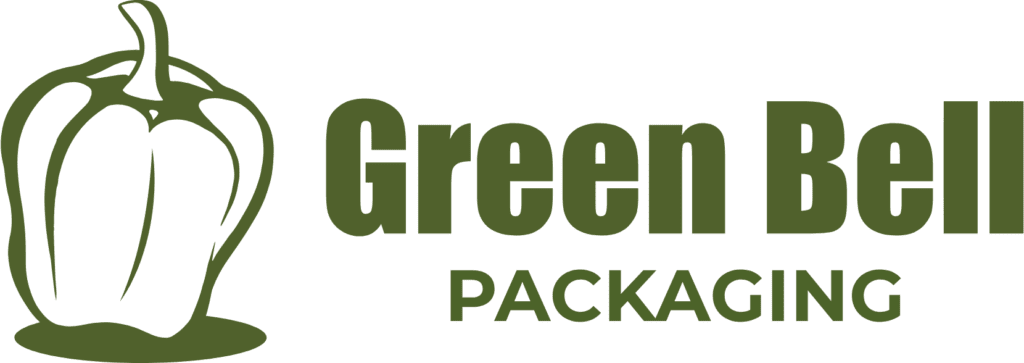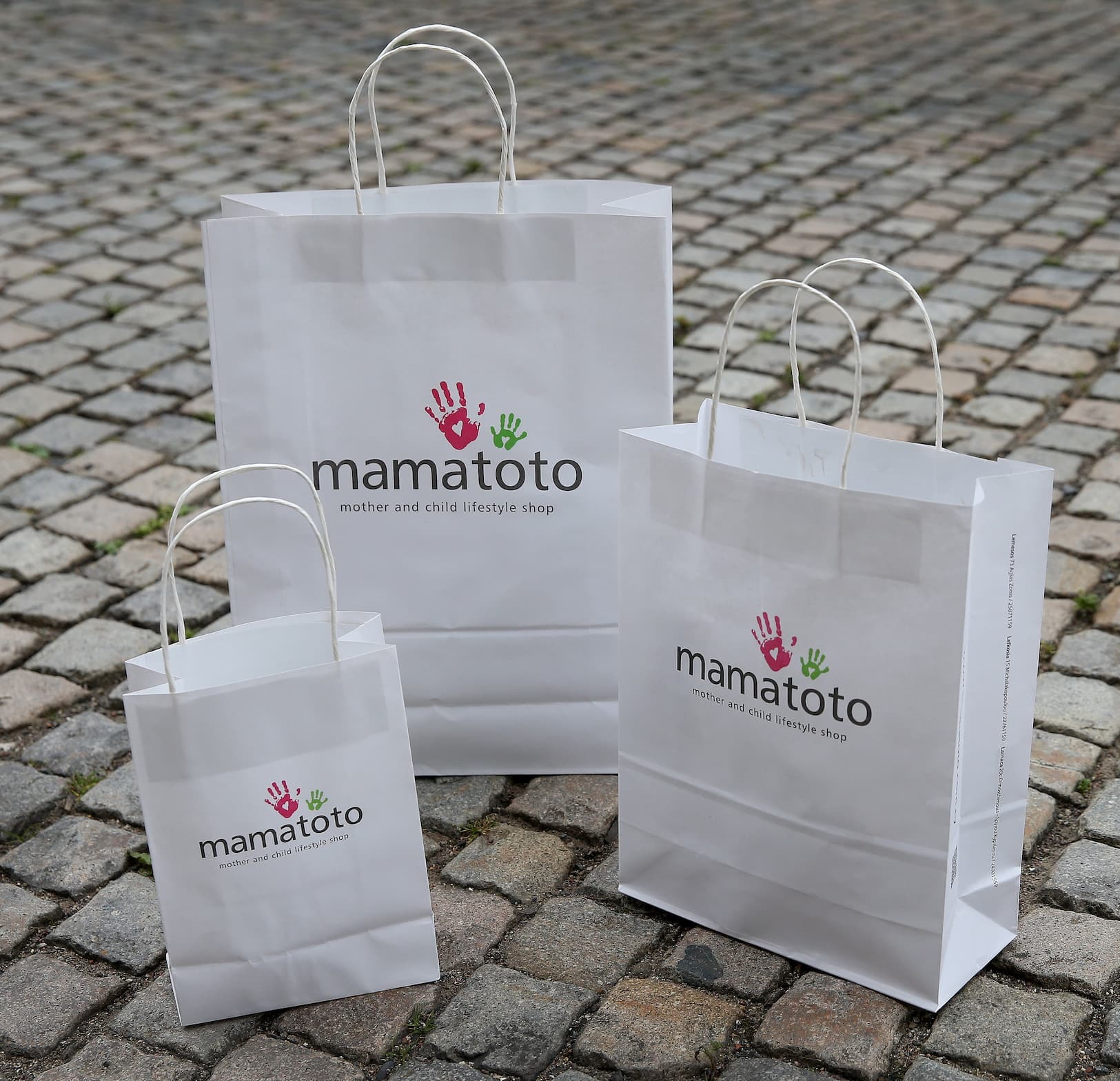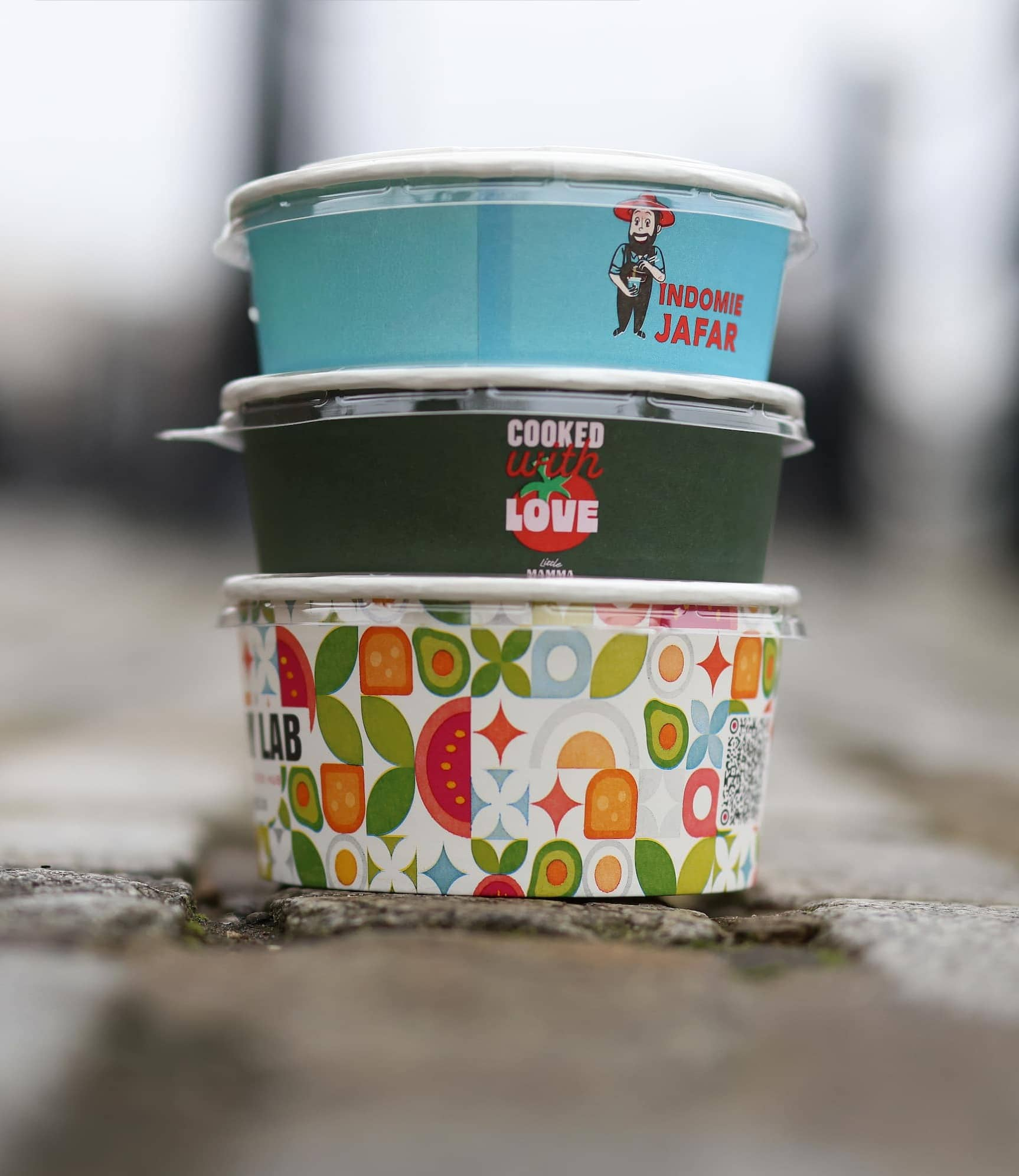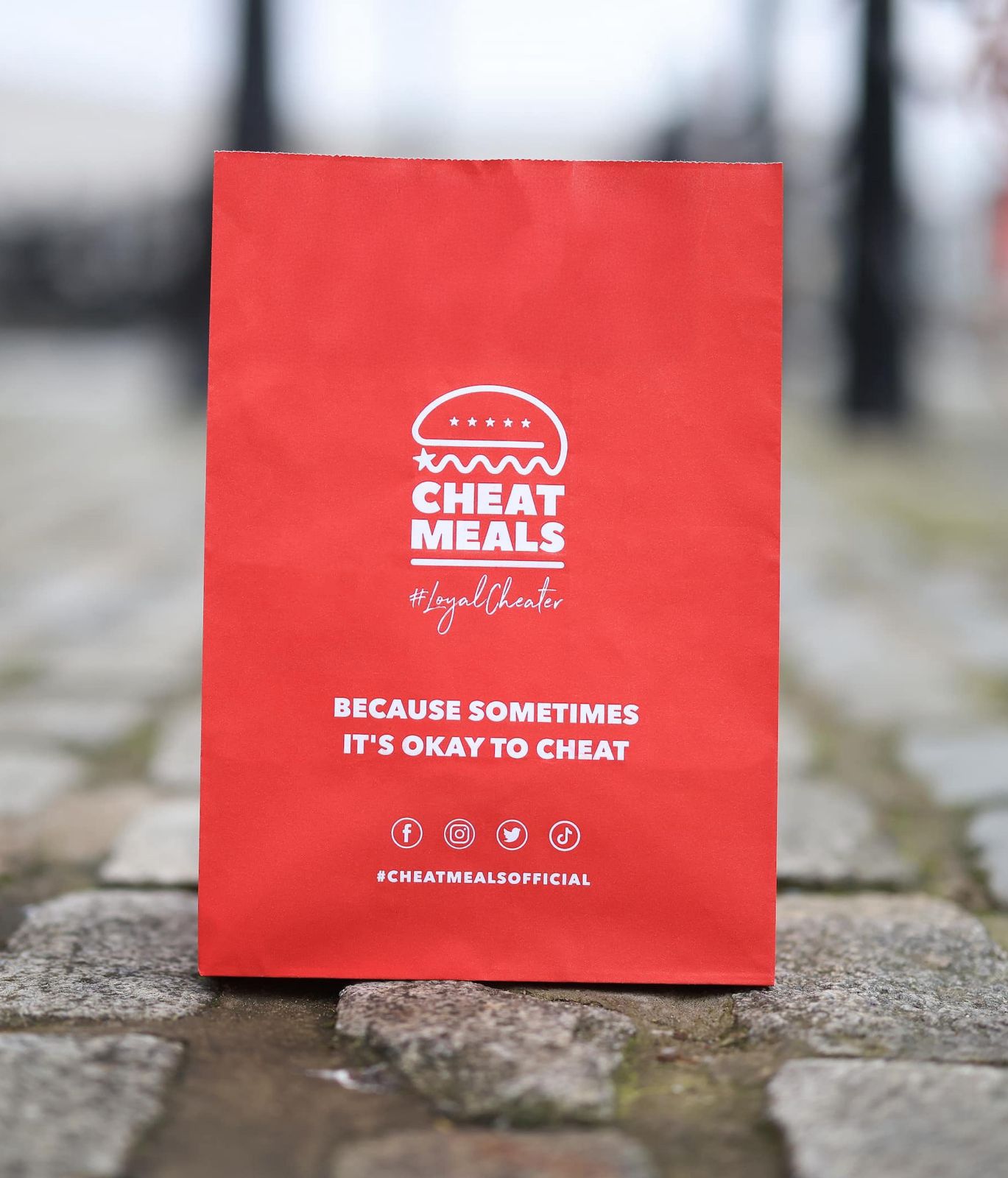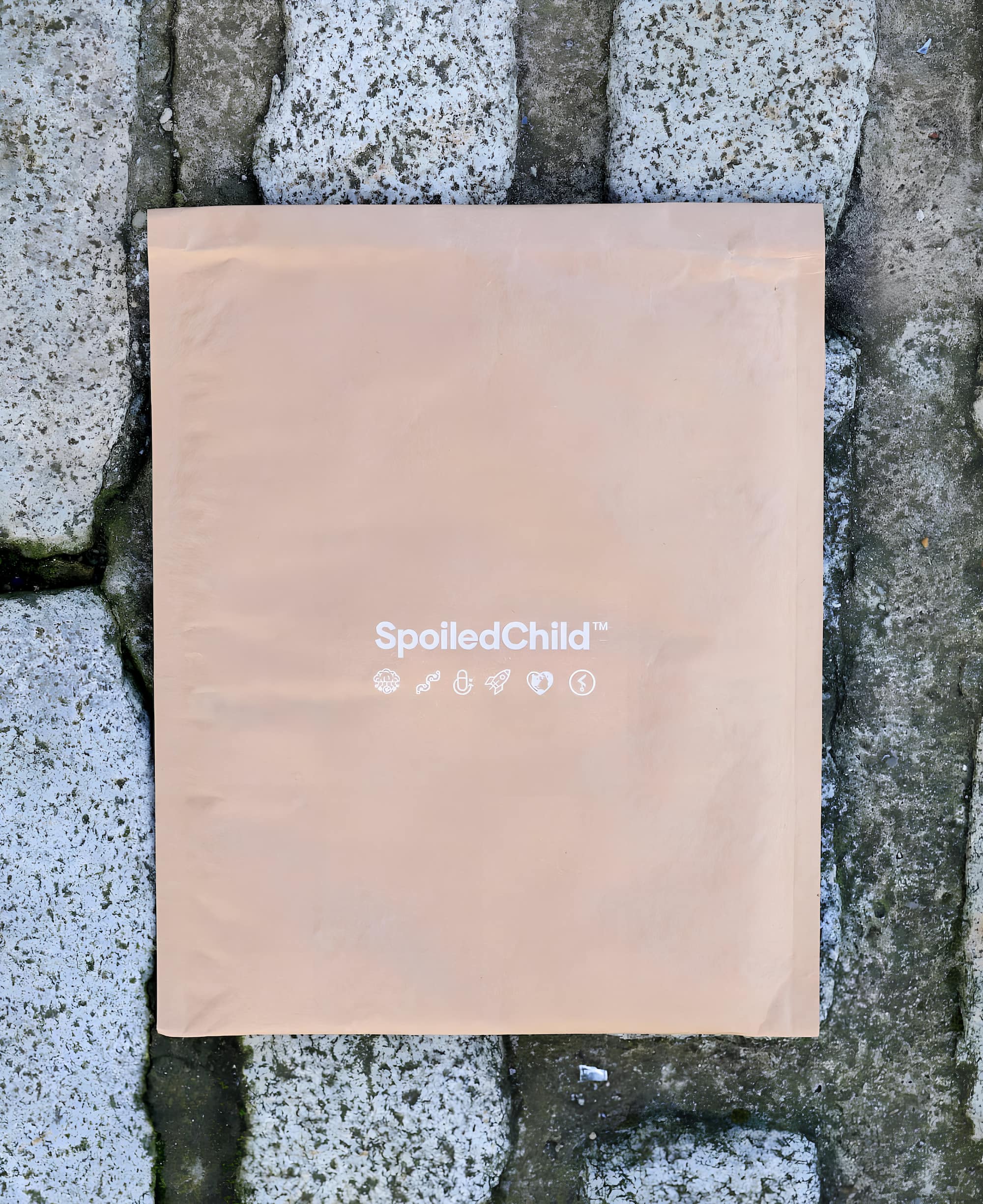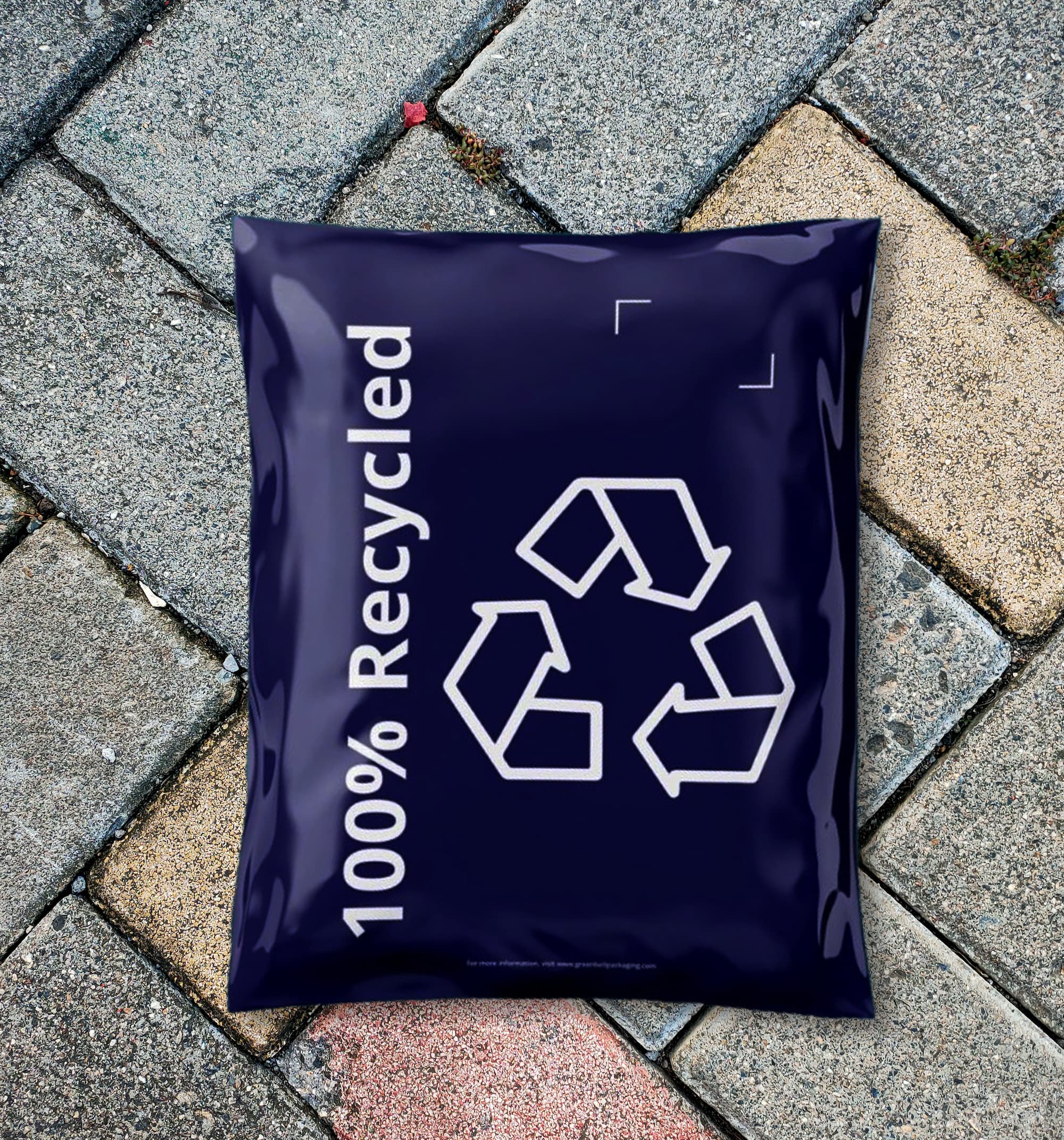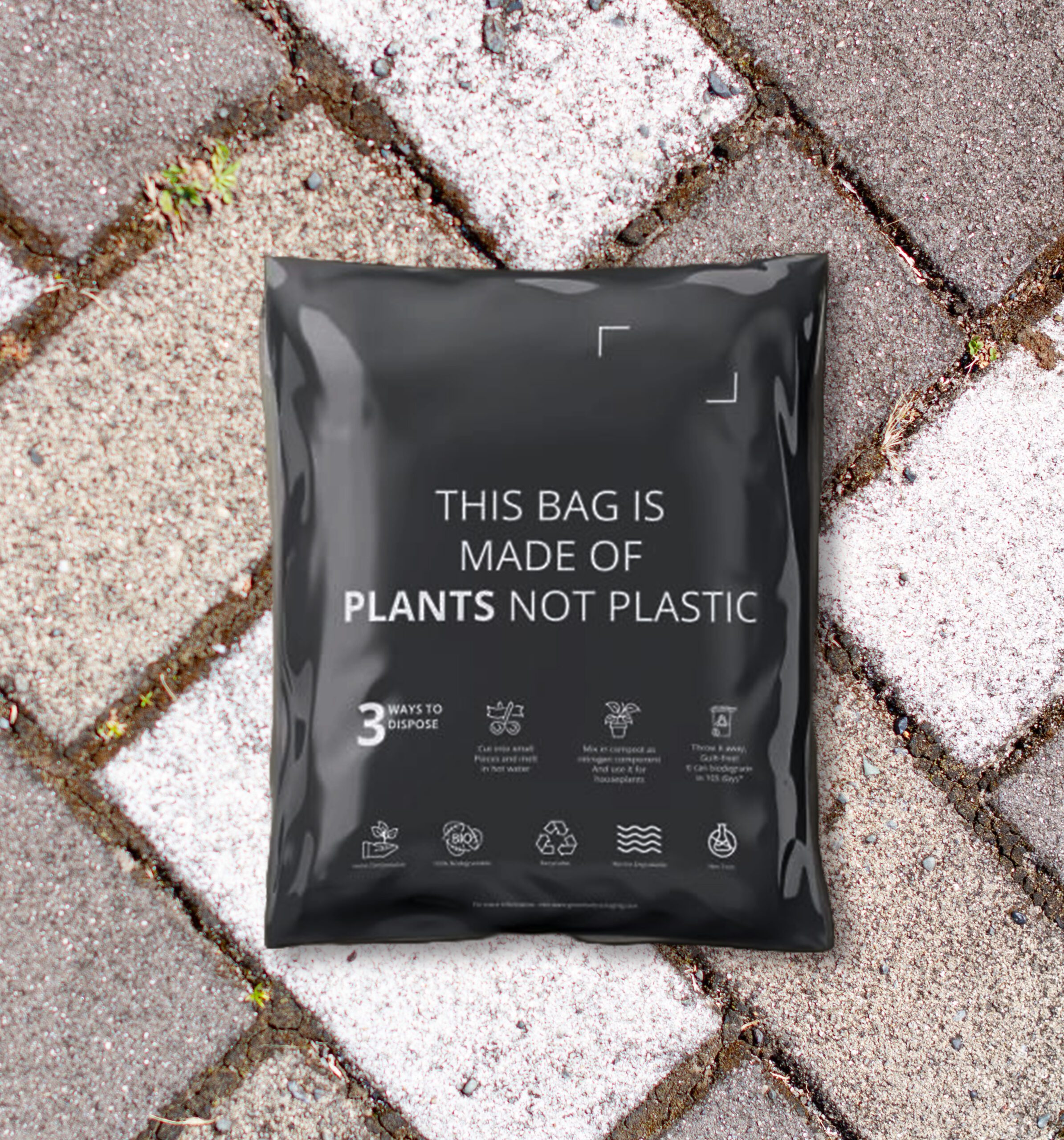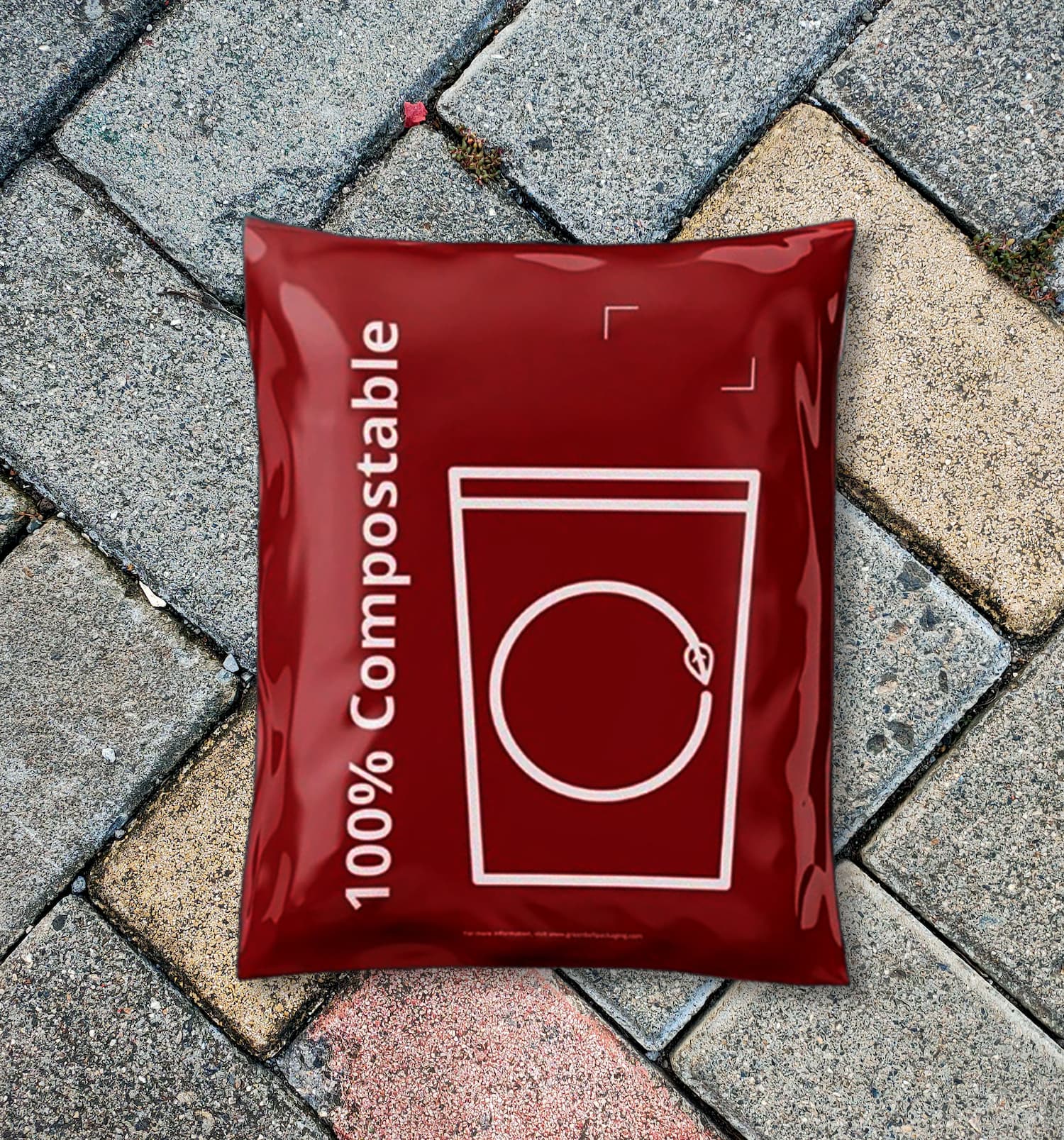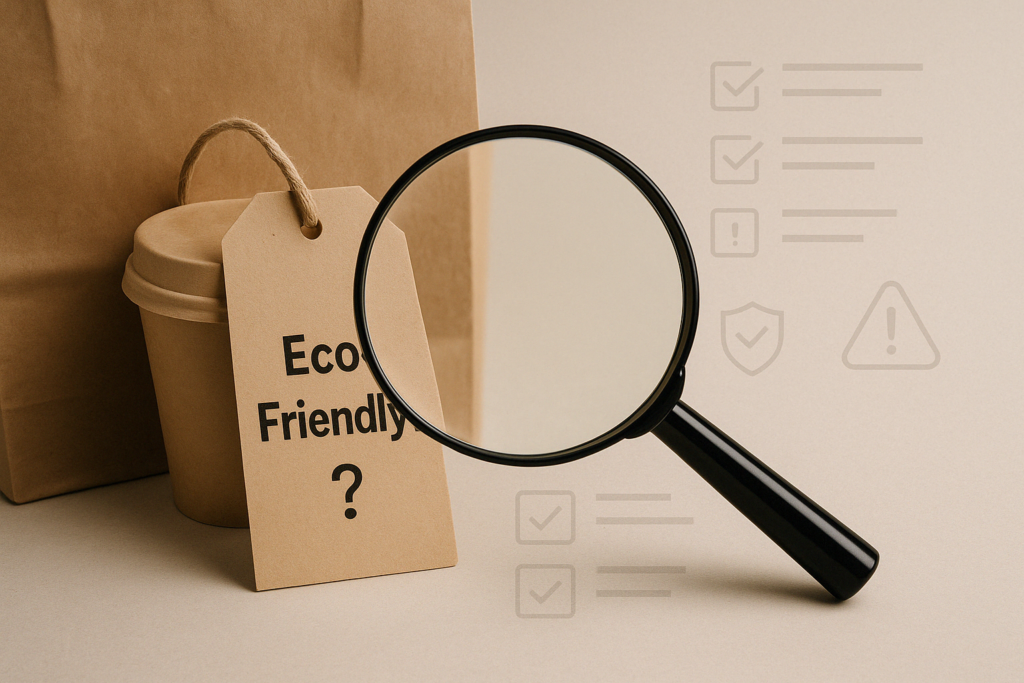The UK’s packaging landscape is changing and so are the rules around how businesses talk about sustainability. With the Digital Markets, Competition and Consumers (DMCC) Act taking effect in April 2025, the Competition and Markets Authority (CMA) now has stronger powers than ever to penalise misleading environmental claims, often referred to as “greenwashing”.
But what does this mean for businesses trying to promote their eco-friendly packaging efforts in good faith? And how can sustainable brands ensure they stay compliant while still standing out?
Let’s unpack the facts and explore how Green Bell Packaging is staying ahead of the curve.
What Is the DMCC Act?
The DMCC Act is a major step forward in protecting consumers from misleading marketing and unfair practices, especially around sustainability claims. Under this act, the CMA can directly fine businesses up to 10% of their global turnover or up to £300,000, whichever is higher, for failing to comply with consumer law, including making unsubstantiated green claims.
This isn’t just for big corporations. Any business operating or selling online in the UK is expected to comply, from local cafés to global retailers. If your brand promotes products as “biodegradable”, “compostable”, or “plastic-free”, these claims must now be clear, truthful, and evidence-based.
The CMA’s Green Claims Code. What You Need to Know
To help businesses navigate this new compliance landscape, the CMA released a Green Claims Code. A framework of six key principles that all environmental marketing claims should follow:
- Be truthful and accurate
- Be clear and unambiguous
- Don’t omit or hide important information
- Make fair and meaningful comparisons
- Consider the full lifecycle of the product
- Back up claims with solid evidence
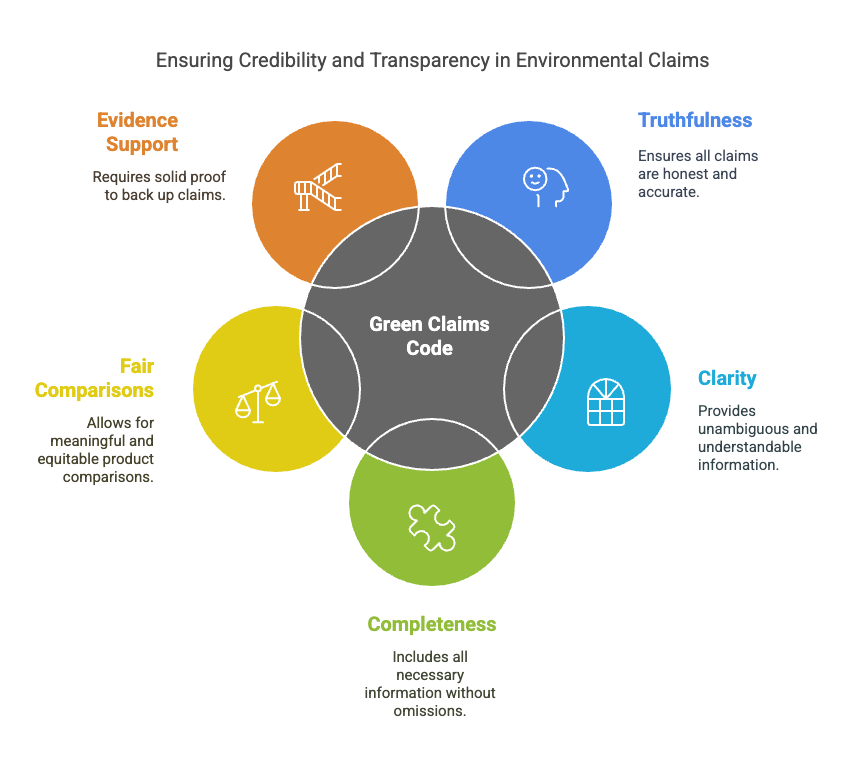
In short? If you say your product is compostable, you must prove it. Ideally with recognised certifications like EN 13432 (for compostability in Europe) or OK Compost.
The Risks of Greenwashing
Greenwashing isn’t always intentional but that doesn’t make it harmless. From vague wording (“eco-friendly”) to undefined timeframes (“biodegrades quickly”), poorly substantiated claims can:
- Confuse or mislead customers
- Damage your brand credibility
- Trigger financial penalties under the DMCC Act
- Undermine wider efforts in the circular economy movement

According to Provenance.org, green claims are now “a legal responsibility, not just a marketing message.”
So What Should Brands Do Now?
The DMCC Act is a clear signal: eco claims must be earned, not just written. Here are 3 key steps to stay compliant:
1. Review and Audit All Claims
Revisit all your product descriptions, social media captions, and packaging labels. If you’re using terms like “green,” “zero waste,” or “carbon neutral,” ensure there’s evidence to back them up.
2. Standardise Certifications
Where possible, support claims with verified certifications such as FSC (for responsibly sourced paper), home compostable standards, or other relevant third-party verifications.
3. Educate and Communicate Clearly
Consumers want to do the right thing, but they need your help. Provide simple disposal instructions, explain what your packaging is made of, and be transparent about what happens post-use.
At Green Bell, every product page clearly states whether the material is home compostable, recyclable, or industrial compostable, reducing ambiguity for our clients and their customers.
Final Thoughts: Responsibility Builds Trust
At Green Bell Packaging, we’ve always believed that sustainability isn’t just about the materials we use, it’s about the story we tell.
That’s why our compostable takeaway containers, cotton tote bags, and custom paper bags are backed not only by certifications, but by honest, straightforward communication. We believe in designing packaging that’s built to perform and disappear, while helping businesses stay compliant in a shifting regulatory environment.
Because in today’s world, the smartest brands don’t just claim sustainability, they prove it.
Want to see what compliant packaging looks like in action?
Explore our certified, low-minimum, brandable options on our Product Catalogue
Or read our guide to What Is Sustainable Packaging?
